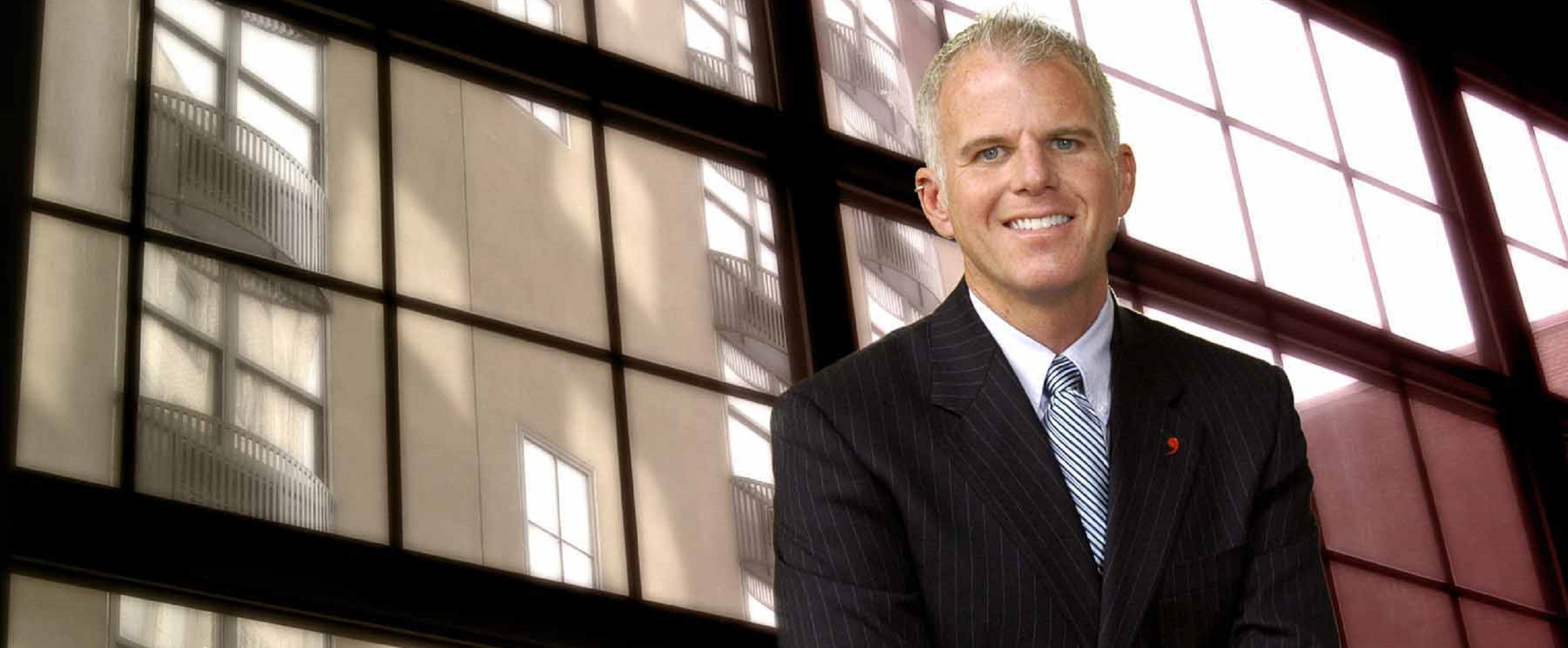Who is needed to fulfill your mission?
In mid-December, I attended an “Allies for Equality” reception, sponsored by Equality Ohio, honoring the work of Raymond Bobgan, executive artistic director of Cleveland Public Theatre. CPT, not far from my home, is an edgy theatre known for staging productions that push buttons and prompt conversations on issues of inclusion and social justice.
While there, I introduced myself to Ray and thanked him for his leadership in raising consciousness and promoting compassion in our city. In the course of conversation, I shared that I am a United Church of Christ minister, and he responded with sincere joy, “So much of my early success in Cleveland I owe to the UCC!”
She replied: “Our church was founded with the stated mission of serving the educational, cultural and spiritual needs of the community. We need you, as a cultural organization, to help us fulfill our mission.”
He explained that, two decades ago, when he was looking for a rehearsal and production venue for a then-fledgling theatre company, he approached the Rev. Laurie Hafner, then-pastor of Cleveland’s Pilgrim UCC, about the possibility of renting space, something that Pilgrim has an overabundance of.
“Pastor Laurie told me that we could use the church’s old unused theatre at no charge, completely rent free, if we didn’t mind cleaning it up and getting it ready,” he said, “and she seemed as genuinely excited about offering it to us as we were about having it.”
He recounted how he was almost arguing with Laurie, telling her that the church’s generosity far exceeded his wildest expectations, to which she replied: “Our church was founded with the stated mission of serving the educational, cultural and spiritual needs of the community. We need you, as a cultural organization, to help us fulfill our mission.”
Knowing Laurie as I do, that sentiment – “we need you to help us fulfill our mission” – comes as no surprise. That’s how she rolls. Now the senior pastor of Coral Gables UCC near Miami, Laurie approaches every situation with far-sighted, we-can-do-this enthusiasm. She realizes – more than most – that underutilized churches cost way more than giving space away. The congregation’s missional integrity might just be at stake.
Laurie could have responded with church-focused pragmatism; she could have insisted on a strictly leasor-leasee relationship. She could have nickel-and-dimed Ray’s company to address the short-term budget needs of the congregation. Or, she could have just politely said “no.” After all, what’s a start-up theatre got to do with ministry, right?
In time, Ray’s company did become a financial asset to the church and, yes, the relationship was formalized legally so each party felt secure in the partnership. But most importantly, more people found their way into Pilgrim, felt at home there, saw some great plays, met some neighbors, and went away thinking more deeply about love, justice and compassion. Some people, perhaps, showed up on a Sunday morning, or maybe not. That wasn’t the point.
The point was this: Either way, thanks to both Ray and Laurie, Pilgrim was one step closer to fulfilling its mission.
